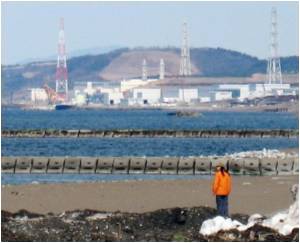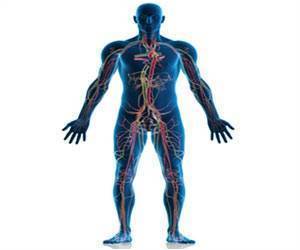A senior official has said that the World Health Organisation is seeking studies for up to 20 years to keep watch over public health in Japan

"There is no need for new public health measures," Neira told journalists.
She nonetheless underlined that the UN health agency could not let its guard drop while the radiation emergency at the plant was underway, as the WHO maintained permanent monitoring with the Japanese and global detection networks.
"This is an evolving situation and we need to assess and reassess almost on a one-hour basis, because the situation is unfortunately not yet under control and we do not know what might happen," Neira told journalists.
"Obviously we continue to be very vigilant, we never came down our level of alert, and we continue to monitor in a very careful way how the situation is moving; our assessment might change in one hour, I don't know," Neira told journalists.
Japan upgraded its month-old nuclear emergency on Tuesday to a maximum seven on an international scale of atomic crises, placing it on a par with the Chernobyl disaster a quarter-century ago.
Advertisement
"It's clear that this 30-kilometre area provides the best shield for the protection of the population," she added, while emphasising that the WHO was also starting to consider potential future health consequences of the emergency.
"It may be too early because we are still in the very acute phase of detection for human health but we are discussing with Japan."
Japanese authorities have screened thyroid functions in more than 940 children, with the results "all under the dose that represent risk," she emphasised.
Source-AFP











